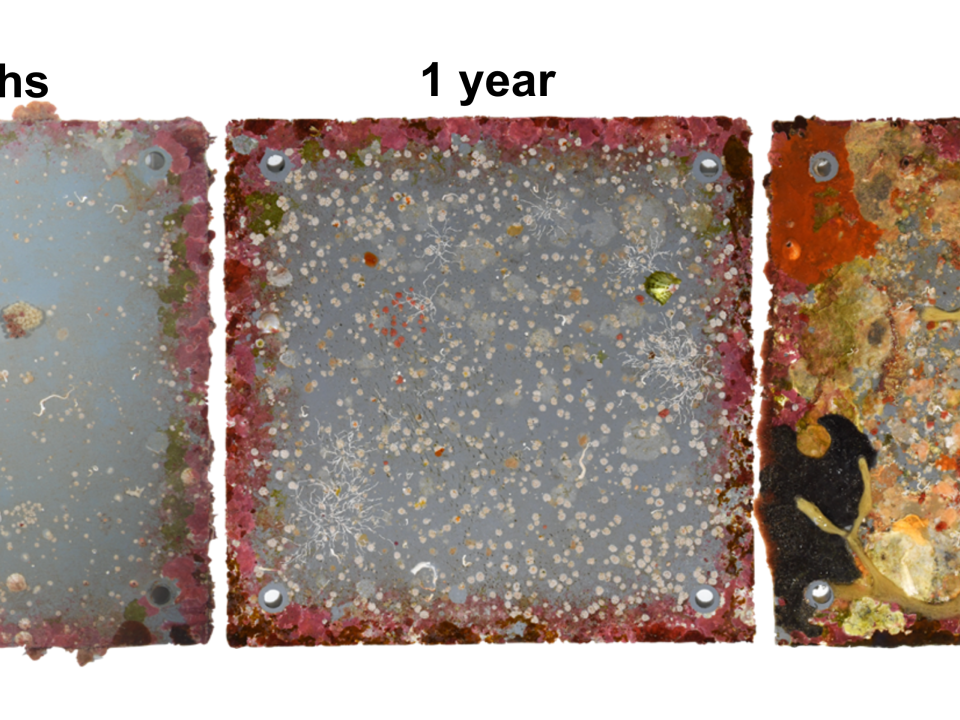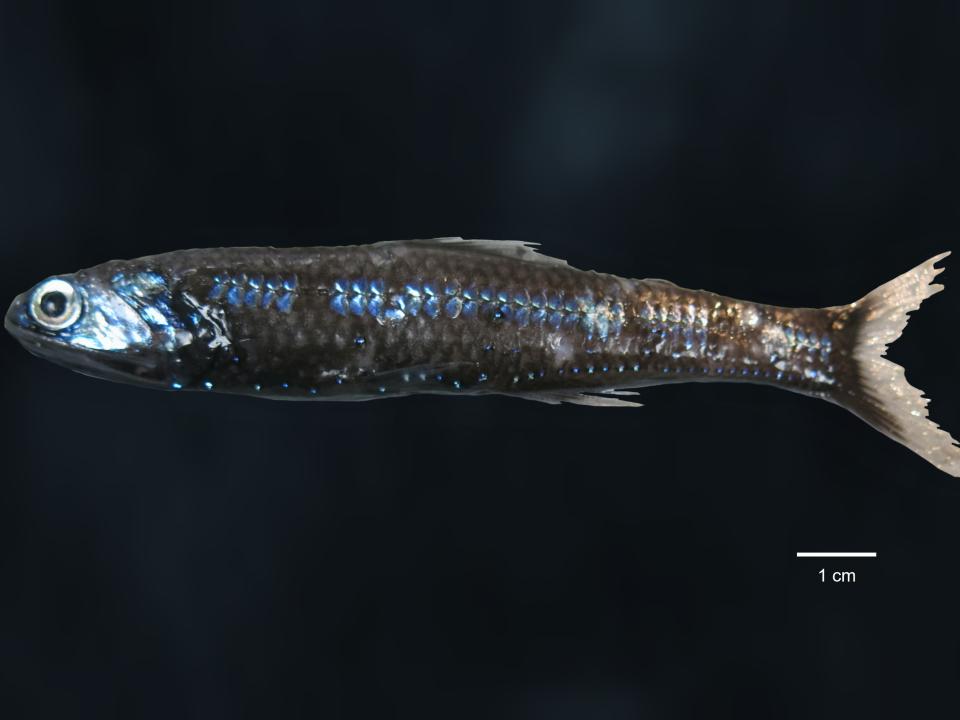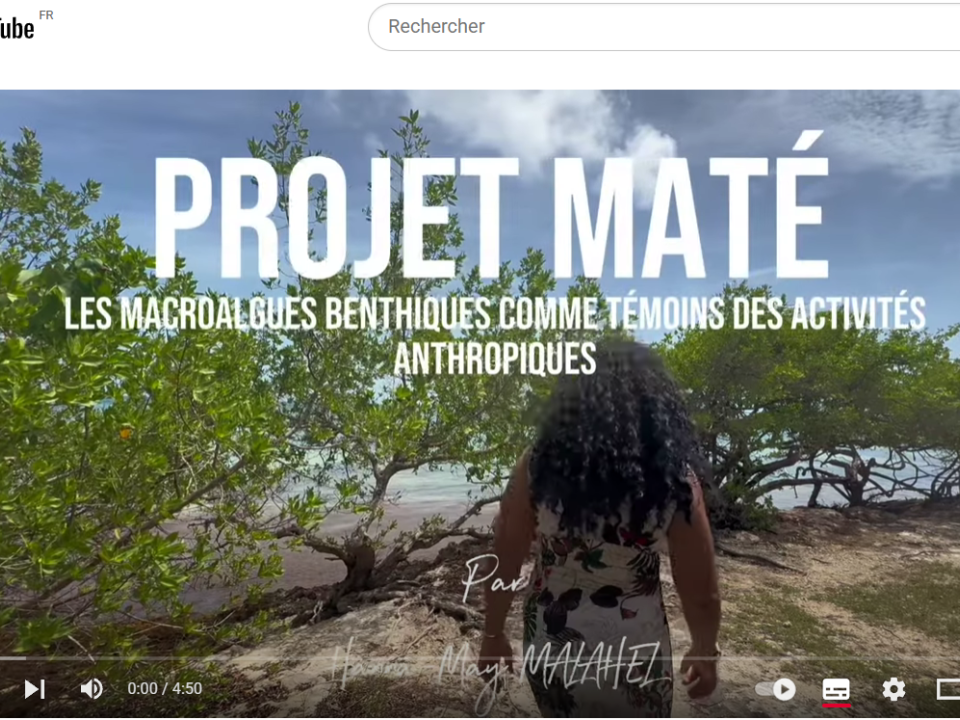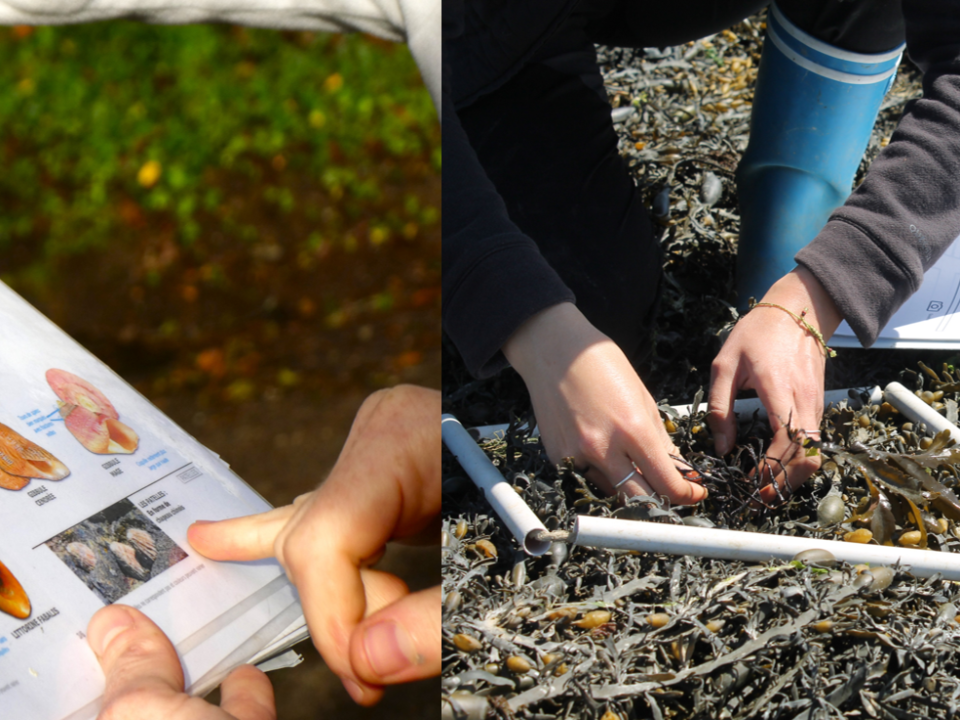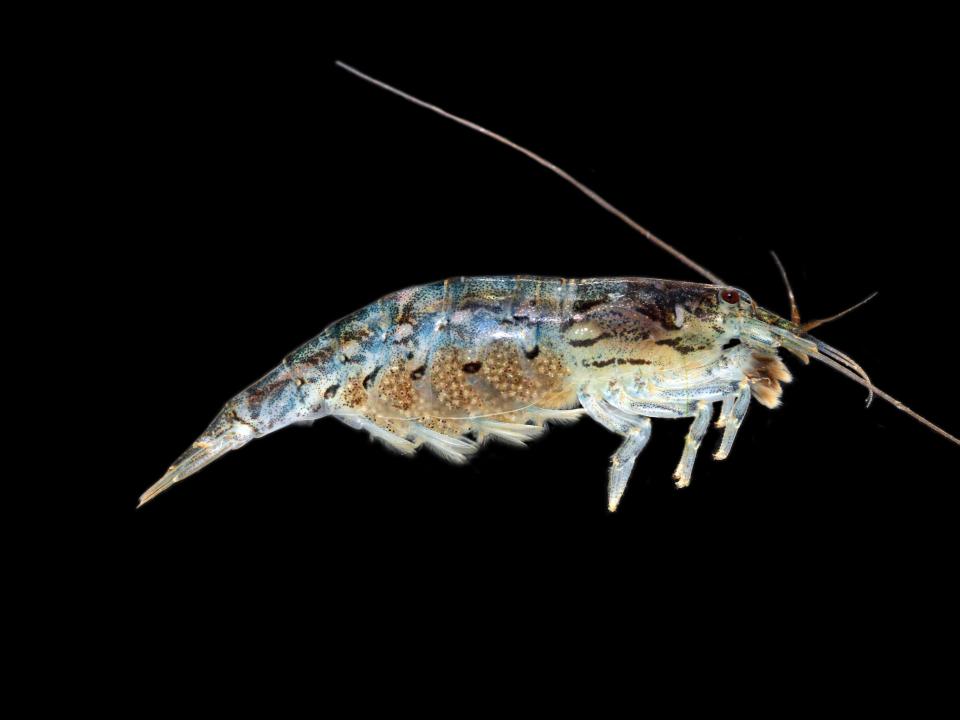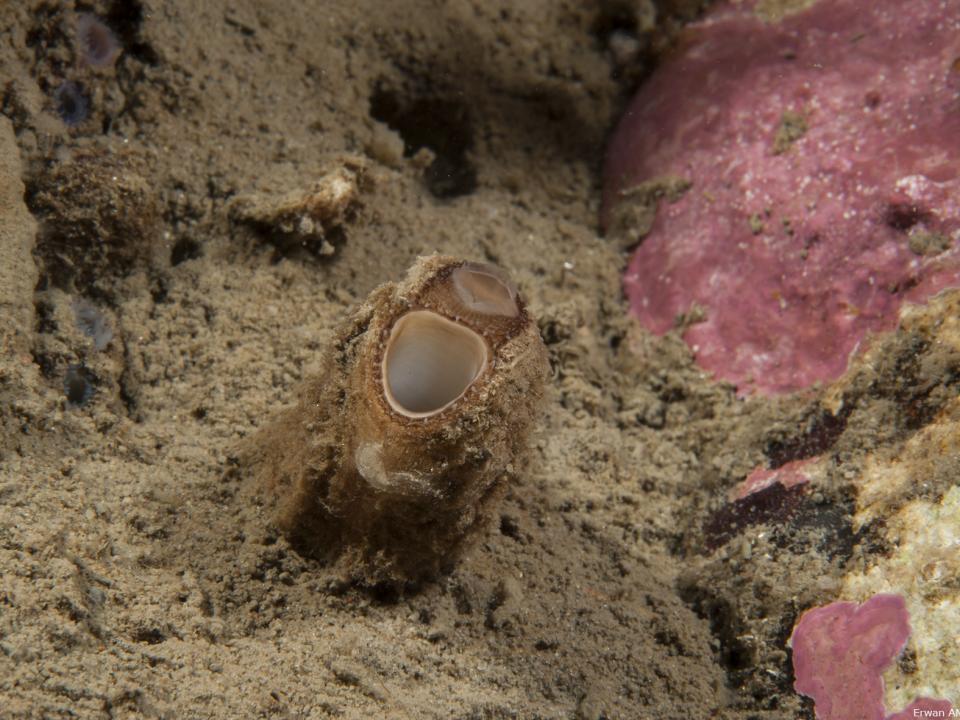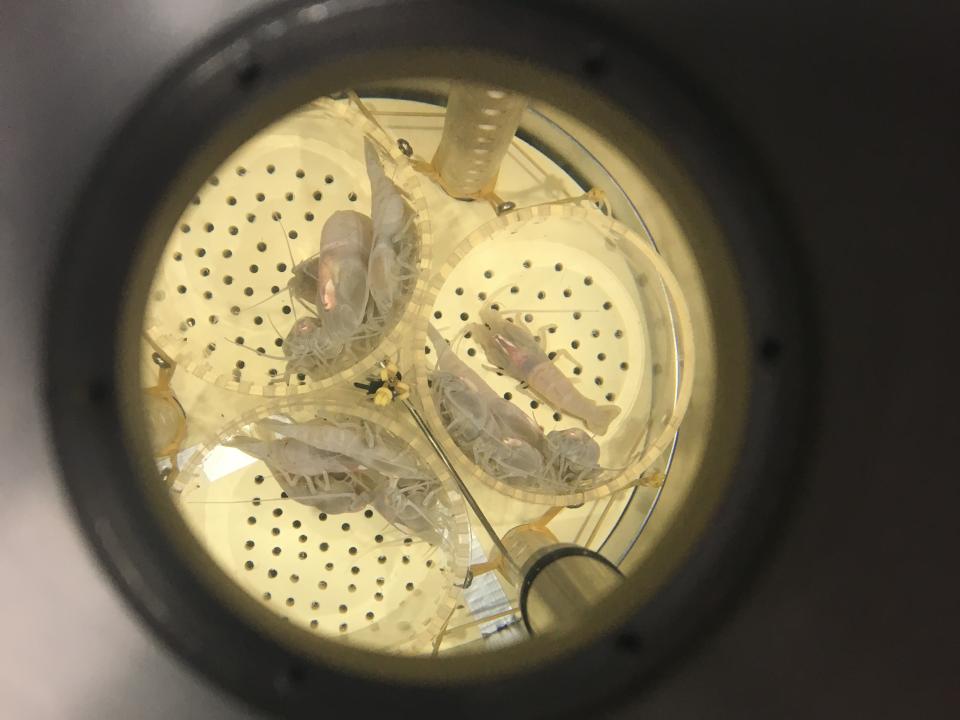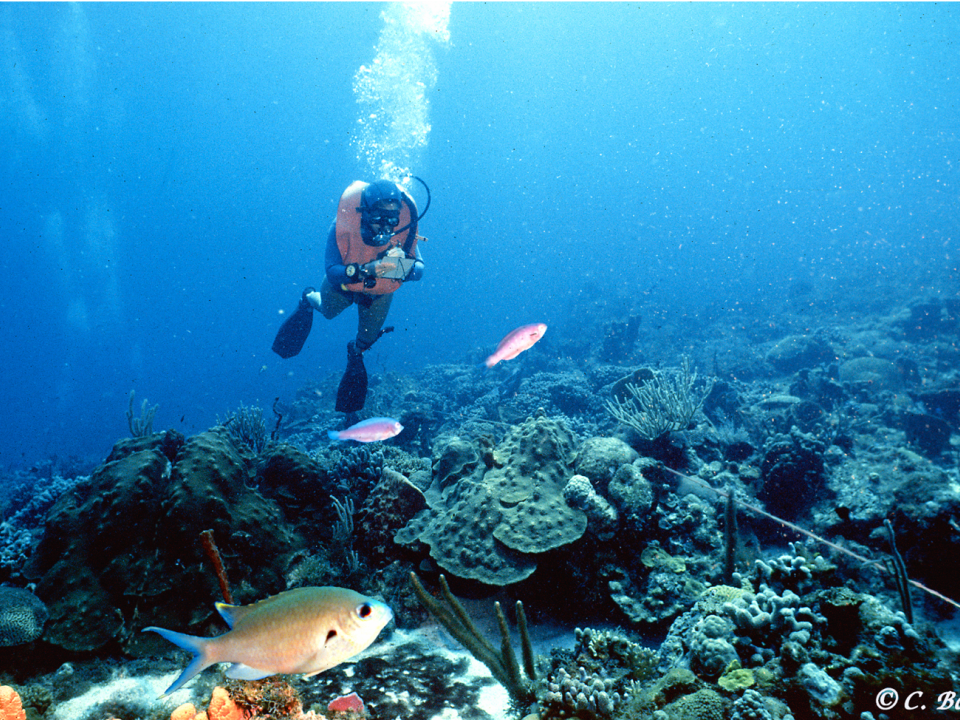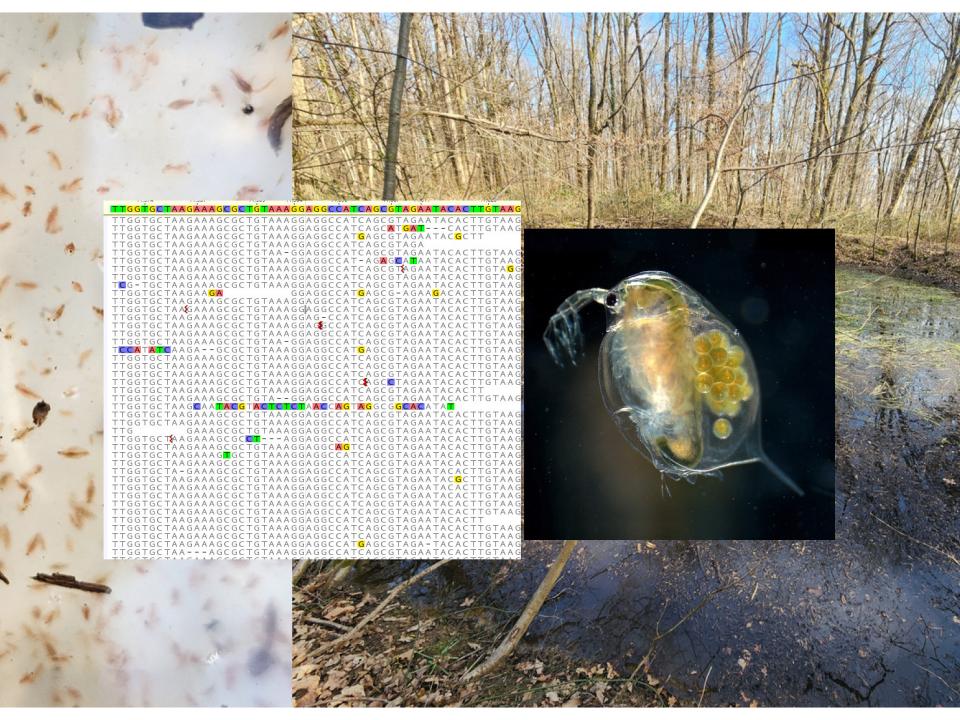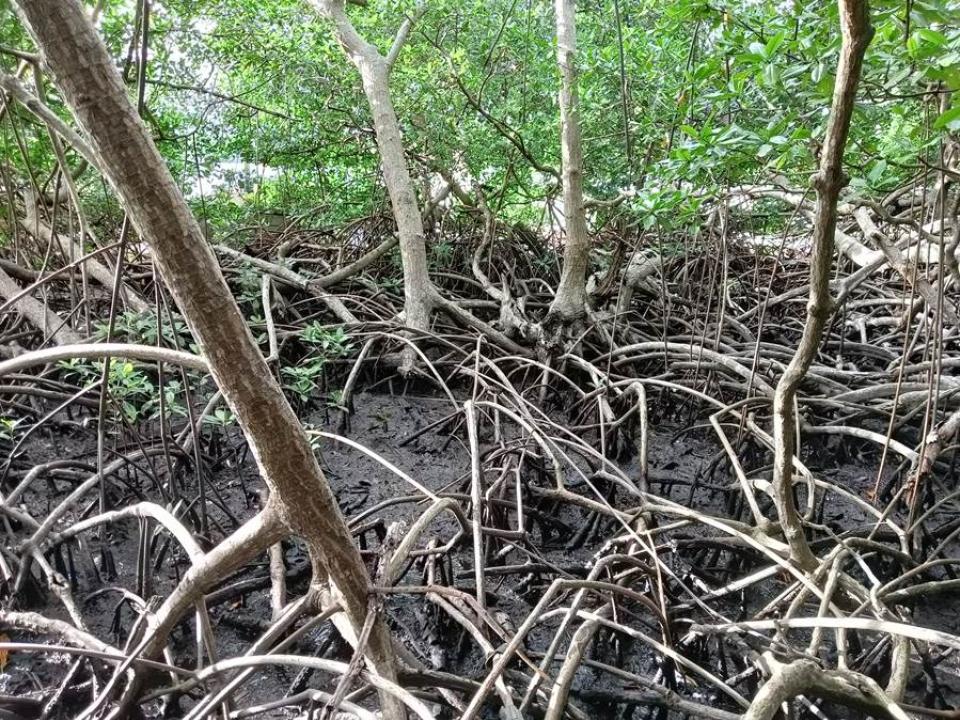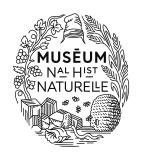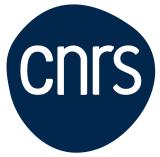HEADLINES
Research teams
Job offers
Recent papers
- Eric Goberville (2025). Quantile regression as a lens to reveal optimal ecological niches in estuarine ecosystems. Peer Community in Ecology
- Delphine Veillard, Stéphane Beauclercq, Elena Palacios, Bertrand Genard, Laurent Chauvaud, Frédéric Olivier, Isabelle Marcotte, Réjean Tremblay (2025). Metabolomic responses to shipping noise in early life stages of blue mussels, Mytilus edulis. Journal of Experimental Biology 228(15)
- Timothée Poupart, Thibaut de Bettignies, Matthieu Authier, Nicolas Baccetti, Luca Börger, Iker Castège, Jacopo Cecere, Nicolas Courbin, Jamie Darby, Karine Delord, Ghislain Doremus, Hayley Douglas, Gilles Faggio, Giorgia Gaibani, Fabrice Gallien, Cécile Gicquel, Jacob Gonzalez-Solis, David Grémillet, Simona Imperio, Jude Lane (2025). Mismatches between the current marine Natura 2000 network and seabird distributions call for enhanced protected areas off metropolitan France. Marine Policy 180(106779)
- Sophie Morisseau, Matthieu Jeanson, Aline Aubry, Lucas Le Gall, Cyrielle Delvenne, Sarah Charroux, Yann Mercky, Charles Le Bozec, Marc Girondot, Damien Chevallier, Elliott Sucré (2025). Nest exposure to marine flooding and impacts on green turtle (Chelonia mydas) embryos under rapid sea level rise: The role of beach geomorphology and hydrodynamics. Marine Environmental Research 211
- Andrea Castaldi, Mohamed Triba, Laurence Le Moyec, Cédric Hubas, Gaël Le Pennec, Marie-Lise Bourguet-Kondracki (2025). Multiblock Metabolomics Responses of the Diatom Phaeodactylum tricornutum Under Benthic and Planktonic Culture Conditions. Marine Drugs 23(8)(314)
- Lea Vignaud, Bruno Frédérich, Mehdi Boudault, Amélia Chatagnon, Pierre-Louis Rault, Sébastien Cordonnier, David Lecchini, Charlotte Dromard (2025). Variation of phenotypic disparity over the ontogeny of coral reef fish populations. Marine Biology 172
- Eliot Ruiz, Pierre-Yves Pascal, L. vanalderweireldt, Sébastien Cordonnier, Amelia Chatagnon, Pierre-Louis Rault, S. Albouy-Boyer, J. Silhol, R. Thomas, Charlotte Dromard, Laure Pelissier, T. Le Berre, J. Panfili, C. Albouy, Fabien Leprieur (2025). In situ estimation of active dispersal abilities in reef fish early life stages using tracking technologies. Methods in Ecology and Evolution 00
- Fanny Ouzoulias, Clara Péron, Félix Massiot-Granier (2025). Modeling spatio-temporal dynamics of Patagonian toothfish spawning in Kerguelen waters using CPUE data. Fisheries Research 288(107422)
BOREA sur BLUESKY
BOREA Laboratory: Biology of Aquatic Organisms and Ecosystems
The BOREA “Biology of Aquatic Organisms and Ecosystems” Lab aims to investigate biology and ecology of aquatic organisms and habitats in natural and impacted ecosystems. Using a transdisciplinary and integrative approach, the objective is to understand the origin, the role and the evolutionary mechanisms in aquatic biodiversity (from molecules to ecosystems), the interactions (i) between organisms and (ii) with their environment, as a response to global anthropogenic and climatic changes.











